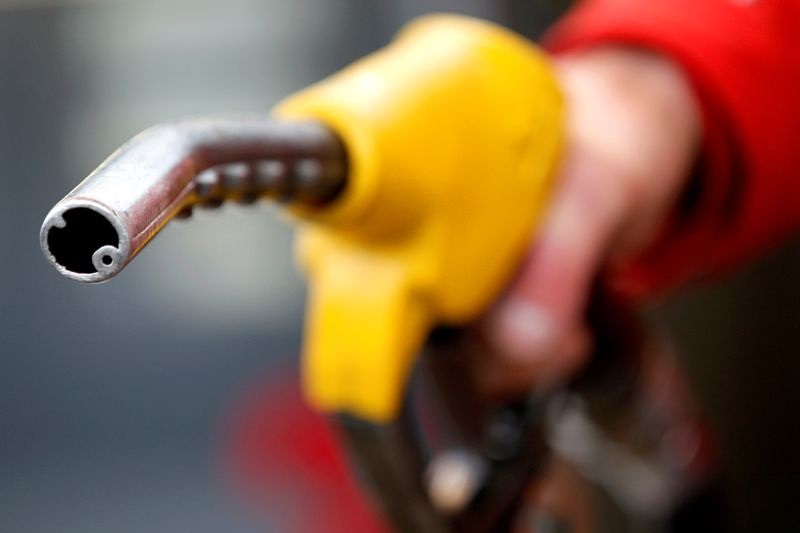By Barani Krishnan
Investing.com -- After days of choppy trade, crude prices jumped 3% on Thursday, their most in two weeks, as longs in the market bet on runaway fuel consumption ahead of Monday’s Memorial Day holiday that will flag off America’s peak driving season.
Some 39 million Americans are expected to hit the road from Friday ahead of the holiday even as record-high fuel prices were likely to prompt fewer trips and shorter distances traveled this year, the American Automobile Association said.
New York-traded West Texas Intermediate crude for July delivery settled up $3.76, or 3.4%, at $114.09 a barrel. It was WTI’s biggest one-day run-up since May 13, when it surged 4%. In four sessions prior to Thursday, the U.S. crude benchmark had seen choppy trade that resulted in a net loss of 1.7%.
London-traded Brent crude for August delivery settled at $114.17 a barrel, up $3.05, or 2.7%.
“The latest round of U.S. data suggest the economy is decelerating but the consumer is still spending and probably will be traveling a lot this summer,” said Ed Moya, analyst at online trading platform OANDA.
Data from Wednesday showing sharper-than-expected declines in U.S. crude and gasoline stockpiles helped put a floor beneath crude prices that slid as much as $2 a barrel in intraday trade over the past week.
U.S. oil processing reached 93.2% of capacity last week, its highest since December 2019, as refiners maxed out fuel products to meet projected demand, which has sent gasoline to record highs above $4.50 a gallon and diesel to all-time highs of above $6.
Longs in the oil market also pounced on remarks by Germany’s economy minister Robert Habeck that the EU can still strike a deal on an oil embargo in the coming days or look to “other instruments” if no agreement is reached.
This was despite Hungary remaining a stumbling block to the unanimous support needed for EU sanctions. Budapest is pressing for about 750 million euros ($800 million) to upgrade its refineries and expand a pipeline from Croatia to enable it to switch away from Russian oil.
China’s Premier Li Keqiang, meanwhile, delivered a downbeat outlook on Thursday about the new struggles with Covid faced by the world’s largest oil importer. The China factor could again weigh on sentiment in the coming week, said analysts.
